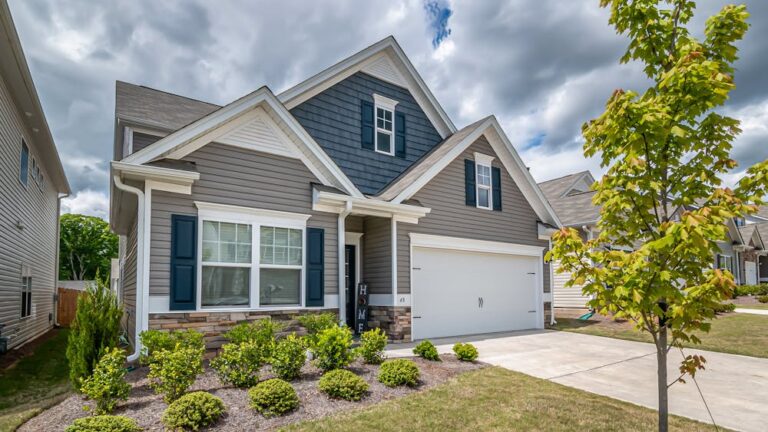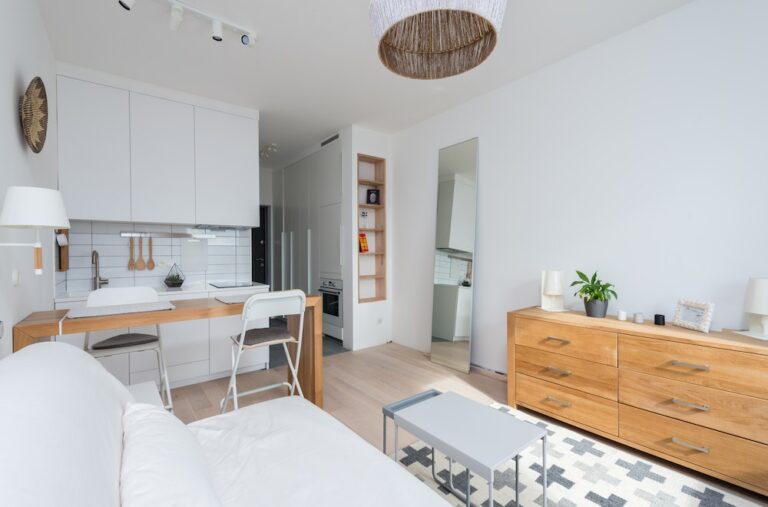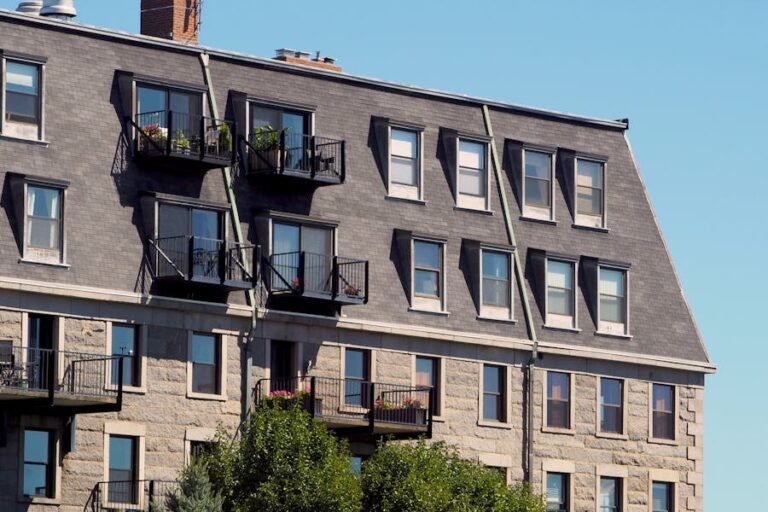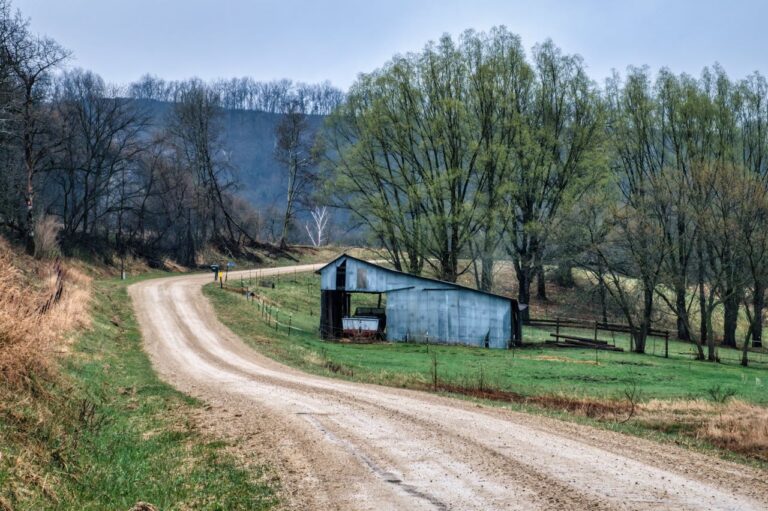So, you are planning to buy your second property in Singapore? The Singapore real estate market offers opportunities, but it also comes with detailed rules that can be challenging if you are not prepared. For foreigners, the process requires extra care as there are additional regulations to follow.
This guide explains the key factors you must know before buying a second property in Singapore. We cover stamp duties, approved properties, financing, and special exemptions that may apply.
1. The Basics: What Foreigners Can (and Can’t) Buy in Singapore
The Landed Property Dilemma
Foreigners cannot freely buy any type of property in Singapore. The government restricts landed property purchases to protect local ownership. If you want to buy a landed property such as a bungalow, terrace house, or semi-detached house, you must apply to the Singapore Land Authority (SLA). Approvals are rare and usually given to applicants who contribute significantly to Singapore’s economy or plan to stay long term.
If you want to buy a second property as a foreigner, condominiums and apartments are the most practical choice. These non-landed properties are generally available to foreign buyers as long as they meet government guidelines.
Condos, Apartments, and More
Foreigners can buy condominiums and apartments in approved developments without major restrictions. Most of Singapore’s residential market consists of these types of homes, so you have many options. Always confirm that the property is in an approved development before making an offer.
2. Understanding ABSD: The Big Bad Tax That Comes with Buying Your Second Property
The Nasty Reality of ABSD
Additional Buyer’s Stamp Duty (ABSD) is one of the biggest costs foreigners face when buying property. The tax is 20% of the purchase price or market value, whichever is higher.
This means when you buy a second property in Singapore as a foreigner, you must factor this 20% into your budget. ABSD applies to all residential property purchases by foreigners, including condominiums.
Can You Avoid ABSD?
You may explore legal methods to reduce or avoid ABSD. One common approach is decoupling, which involves transferring the ownership of your first property to your spouse or family member before buying a second one. However, this process can involve legal fees and stamp duties.
Another option is applying for programs like the Global Investor Program (GIP) or EntrePass, which may grant ABSD exemptions to foreign investors or entrepreneurs. If these options are not suitable, prepare to include ABSD as part of your total property cost.
3. Financing Your Second Property: Can You Get a Loan?
Get Ready for Some Tight Financing Rules
Singapore banks offer loans to foreigners, but the requirements are stricter than for citizens or permanent residents. Expect higher down payments, often starting from 30%, and lower loan-to-value (LTV) ratios.
Banks will also ask for detailed documents, including proof of income, tax records, and information about existing loans. Prepare your documents in advance to speed up the approval process.
Financing Through a Company
Some foreigners buy property through a company to manage taxes or reduce ABSD impact. This approach has legal and administrative requirements, and the property must have a valid business purpose. If you are considering this path, consult a property lawyer and financial advisor before moving forward.
4. Special Exemptions for Foreigners Under the GIP and Other Programs
The Global Investor Program (GIP) and EntrePass provide pathways for investors and entrepreneurs to gain exemptions from ABSD.
- Global Investor Program (GIP): Allows investors who commit a large sum to Singapore’s economy to qualify for permanent residency and possible ABSD exemptions.
- EntrePass: Designed for entrepreneurs starting businesses in Singapore. Successful applicants may gain residency and related property benefits.
Both programs have strict requirements, including minimum investment amounts and business contribution criteria. Review the eligibility criteria carefully before applying.
The Takeaway: Be Strategic with Your Second Property Purchase
Buying a second property in Singapore as a foreigner is possible but requires careful planning. Consider ABSD, financing rules, and approval requirements when creating your property plan.
Here’s a quick recap:
- Explore decoupling ownership with a spouse or family member to reduce ABSD.
- Consider company ownership if it aligns with your investment strategy.
- Review financing options, including down payment and interest rate requirements.
- Research programs like GIP and EntrePass for possible exemptions.
So, you are planning to buy your second property in Singapore? The Singapore real estate market offers opportunities, but it also comes with detailed rules that can be challenging if you are not prepared. For foreigners, the process requires extra care as there are additional regulations to follow.
This guide explains the key factors you must know before buying a second property in Singapore. We cover stamp duties, approved properties, financing, and special exemptions that may apply.
1. The Basics: What Foreigners Can (and Can’t) Buy in Singapore
The Landed Property Dilemma
Foreigners cannot freely buy any type of property in Singapore. The government restricts landed property purchases to protect local ownership. If you want to buy a landed property such as a bungalow, terrace house, or semi-detached house, you must apply to the Singapore Land Authority (SLA). Approvals are rare and usually given to applicants who contribute significantly to Singapore’s economy or plan to stay long term.
If you want to buy a second property as a foreigner, condominiums and apartments are the most practical choice. These non-landed properties are generally available to foreign buyers as long as they meet government guidelines.
Condos, Apartments, and More
Foreigners can buy condominiums and apartments in approved developments without major restrictions. Most of Singapore’s residential market consists of these types of homes, so you have many options. Always confirm that the property is in an approved development before making an offer.
2. Understanding ABSD: The Big Bad Tax That Comes with Buying Your Second Property
The Nasty Reality of ABSD
Additional Buyer’s Stamp Duty (ABSD) is one of the biggest costs foreigners face when buying property. The tax is 20% of the purchase price or market value, whichever is higher.
This means when you buy a second property in Singapore as a foreigner, you must factor this 20% into your budget. ABSD applies to all residential property purchases by foreigners, including condominiums.
Can You Avoid ABSD?
You may explore legal methods to reduce or avoid ABSD. One common approach is decoupling, which involves transferring the ownership of your first property to your spouse or family member before buying a second one. However, this process can involve legal fees and stamp duties.
Another option is applying for programs like the Global Investor Program (GIP) or EntrePass, which may grant ABSD exemptions to foreign investors or entrepreneurs. If these options are not suitable, prepare to include ABSD as part of your total property cost.
3. Financing Your Second Property: Can You Get a Loan?
Get Ready for Some Tight Financing Rules
Singapore banks offer loans to foreigners, but the requirements are stricter than for citizens or permanent residents. Expect higher down payments, often starting from 30%, and lower loan-to-value (LTV) ratios.
Banks will also ask for detailed documents, including proof of income, tax records, and information about existing loans. Prepare your documents in advance to speed up the approval process.
Financing Through a Company
Some foreigners buy property through a company to manage taxes or reduce ABSD impact. This approach has legal and administrative requirements, and the property must have a valid business purpose. If you are considering this path, consult a property lawyer and financial advisor before moving forward.
4. Special Exemptions for Foreigners Under the GIP and Other Programs
The Global Investor Program (GIP) and EntrePass provide pathways for investors and entrepreneurs to gain exemptions from ABSD.
- Global Investor Program (GIP): Allows investors who commit a large sum to Singapore’s economy to qualify for permanent residency and possible ABSD exemptions.
- EntrePass: Designed for entrepreneurs starting businesses in Singapore. Successful applicants may gain residency and related property benefits.
Both programs have strict requirements, including minimum investment amounts and business contribution criteria. Review the eligibility criteria carefully before applying.
The Takeaway: Be Strategic with Your Second Property Purchase
Buying a second property in Singapore as a foreigner is possible but requires careful planning. Consider ABSD, financing rules, and approval requirements when creating your property plan.
Here’s a quick recap:
- Explore decoupling ownership with a spouse or family member to reduce ABSD.
- Consider company ownership if it aligns with your investment strategy.
- Review financing options, including down payment and interest rate requirements.
- Research programs like GIP and EntrePass for possible exemptions.
In short, the path to buying a second property in Singapore as a foreigner isn’t without its bumps, but with a bit of knowledge and strategic planning, you can navigate the rules like a pro. So, get your plan in place, do your research, and get ready to invest in one of the most stable and exciting property markets in the world!







